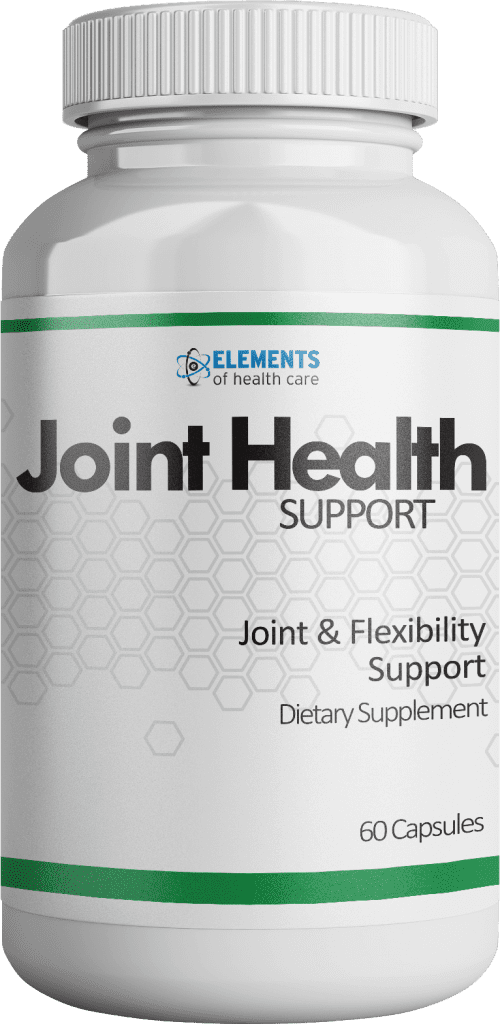Dealing with joint problems can be a hassle, so is there anything you can do? What relieves joint pain? Learn about treatment options here.
According to the Centers for Disease Control and Prevention (CDC), about 23% of U.S. adults have arthritis. While treating it is not as simple as taking a pill, there are various treatment options available. The following is an overview of these options and how you may find some relief.
Treating Joint Pain

First, talk to your doctor if you think you’re experiencing joint pain. They’ll be able to diagnose arthritis if you have it or tell you if you have an unrelated condition like a muscle strain or bone fracture. Your treatment will depend on the diagnosis and may include diet changes, medications, supplements, physical therapy, and more.
Joint Pain Medications
To start your treatment, your doctor may prescribe anti-inflammatory and pain medications. For example, they may prescribe oral medications like acetaminophen, ibuprofen, or aspirin. For people with a systemic disease or an autoimmune condition, taking disease-modifying antirheumatic drugs may slow down the progression and joint damage.
There are also steroid joint injections and hyaluronic acid injections which reduce inflammation and pain. Topical analgesics are another type of medication that can help numb the joint area.
Joint Surgery and Therapy
While surgery is an option, it is considered a last resort and typically reserved for individuals with knee or hip osteoarthritis. On the other hand, physical therapy can help everyone as it improves the range of motion and strengthens the muscles that surround the affected joint.
You can also try alternating cold with hot treatments to help reduce joint stiffness. For example, you can take warm showers or baths in the morning and apply a towel-covered gel ice pack to your joints for 20 minutes at a time throughout the day.
Joint Pain Home Remedies
By making a few lifestyle changes, you may be able to manage many of the causes leading to joint pain. For instance, emphasizing whole grains, fruits, and vegetables in your diet may help reduce arthritis symptoms.
Furthermore, by walking or swimming, you can reduce joint pain while improving your quality of life. However, make sure you avoid high-impact exercises like running or tennis.
Dietary Supplements

There’s some evidence that taking certain supplements may help with inflammation and joint pain. Some of these beneficial supplements include fish oil, ginger, glucosamine, and chondroitin sulfate.
According to studies, fish oil may help relieve tender joints and morning stiffness in people with Rheumatoid Arthritis. In addition, glucosamine and chondroitin sulfate may help individuals with moderate-to-severe knee pain.
If you’re experiencing joint pain, talk to your doctor to find out what’s causing it. Afterward, follow the best treatment for your condition and get the support you need by taking Omega-3 Fish Oil and Joint Health supplements.

